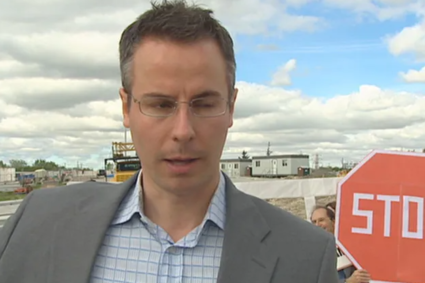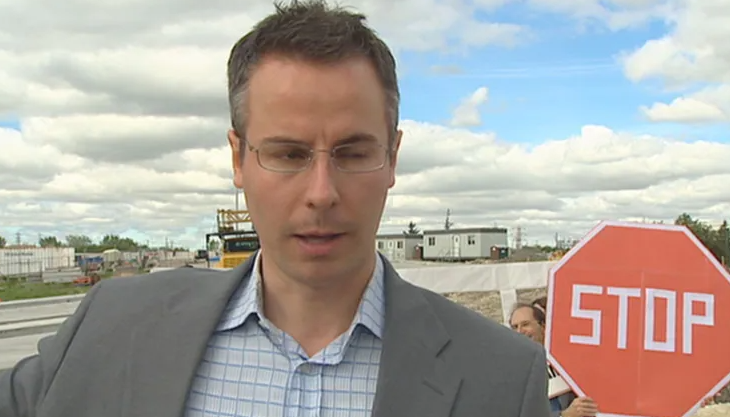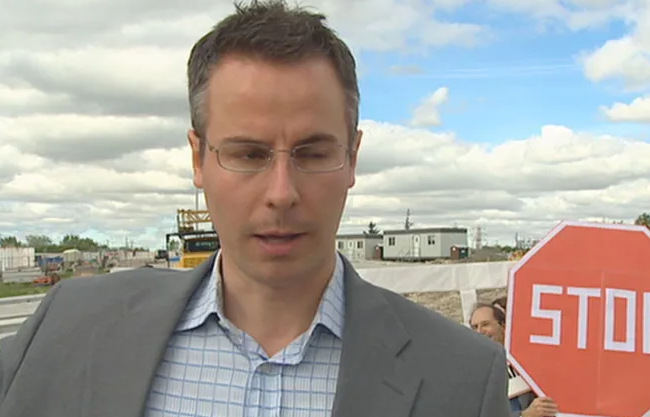
Tim Schober was an active tennis player, cyclist, hiker and a practising lawyer well into his 60s before a car made an illegal exit on a Victoria highway and crashed into him while he was cycling to work last August.
“By the time things settled down, I had a catastrophic spinal cord injury — a very high one that makes me a quadriplegic,” the Saanich, B.C. man said.
After spending seven months recovering in hospital, Schober said he had to spend $130,000 on renovations to be able to navigate his home in a wheelchair.
He can no longer practise law, and requires 24-hour care from his wife Lisa.
- Pain and suffering, the right to sue, cheaper insurance? What ICBC’s changes could mean for you
Schober has been waiting for months for the Insurance Corporation of British Columbia (ICBC) — the province’s public auto insurance provider — to determine how much of those costs will be covered under insurance benefits, and says the wage compensation he’s receiving is nowhere near what he earned as a lawyer.
He says his frustration over bureaucracy and long delays motivated him to become an advocate for crash victims dealing with the ICBC’s new system.
“I thought of my colleagues that I met at the rehab hospital and many of them don’t have the resources that I have,” he said.
“And I’m thinking that they will be getting screwed by ICBC and they won’t know it or have the ability to challenge it.”
Schober is now gearing up for a legal fight as a plaintiff in a constitutional challenge of the province’s Enhanced Care insurance program, which the ICBC introduced three months before his crash.
What is Enhanced Care?
In 2020, the B.C. provincial legislature passed Bill 11, making amendments to the Insurance Vehicle Act that came into effect on May 1, 2021.
The biggest change was that people injured in a motor vehicle accident lost the right to take an at-fault driver to court — except in certain cases where the driver committed a criminal offence, such as impaired or reckless driving.
Rather than go through the legal system, drivers, cyclists and pedestrians involved in a collision now deal directly with ICBC. “No-fault benefits” are payments approved by the province to cover rehabilitation, personal care and lost wages for people injured in an accident.
ICBC says the goal of the new program is to cut down on legal costs and drive down premiums for drivers across B.C. The corporation says most of the money it saves is set aside to help improve access to care for crash victims.
- Cyclist billed by ICBC vows to fight for vulnerable road users
“Enhanced Care removed the adversarial approach of suing drivers and the hundreds of millions of dollars going toward lawyers and legal fees every year,” ICBC said in an emailed statement.
The only way to dispute ICBC’s decisions over compensation is to file a claim with a review board called the Civil Rights Tribunal (CRT), also run by the province.





















